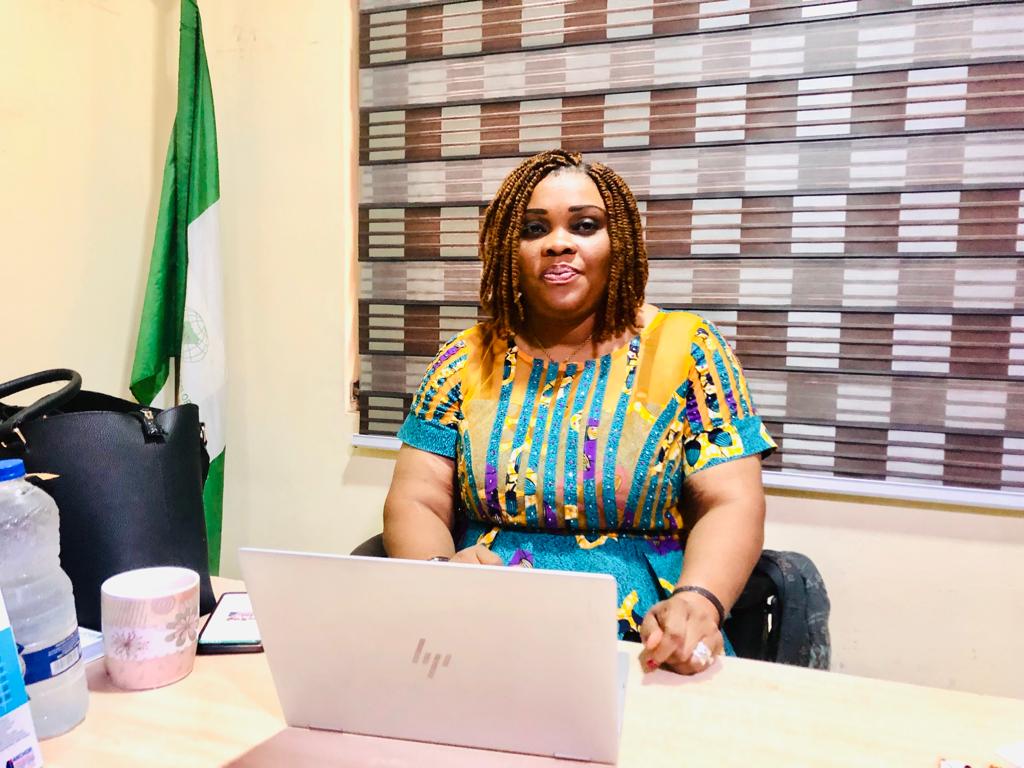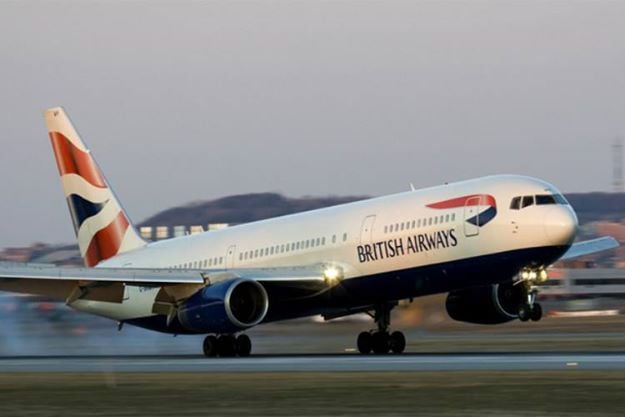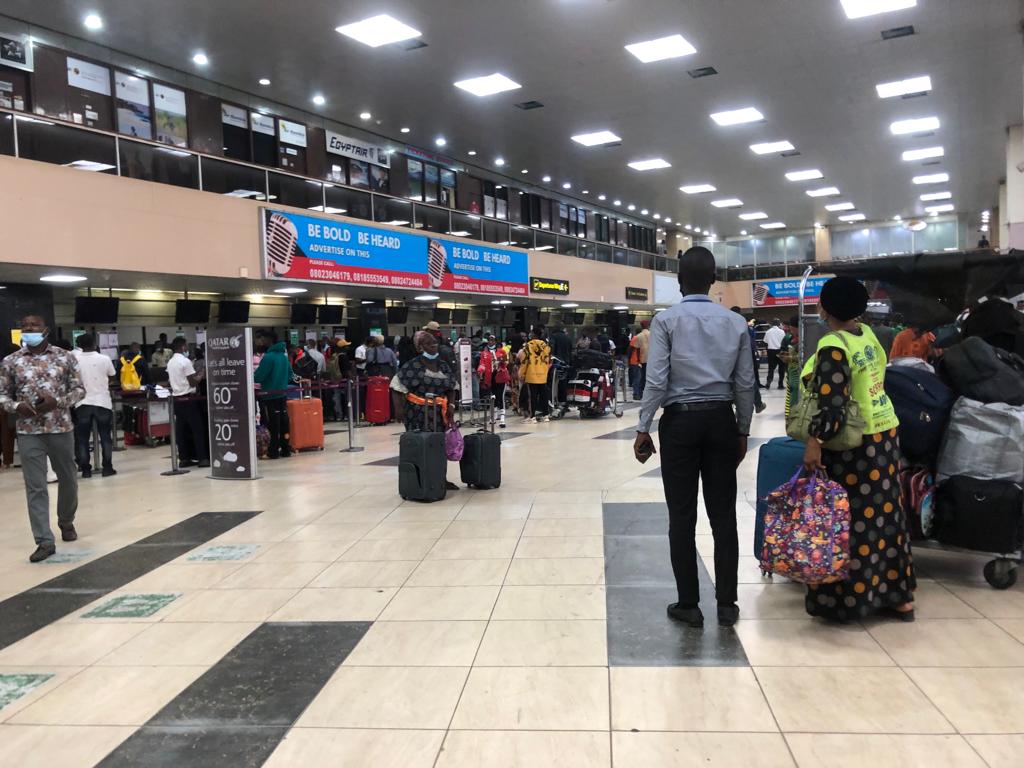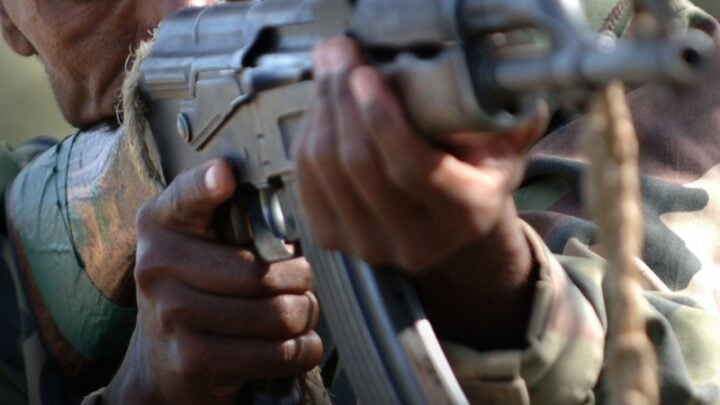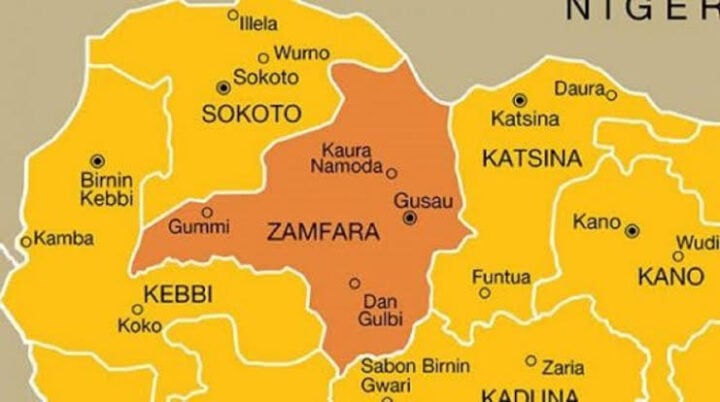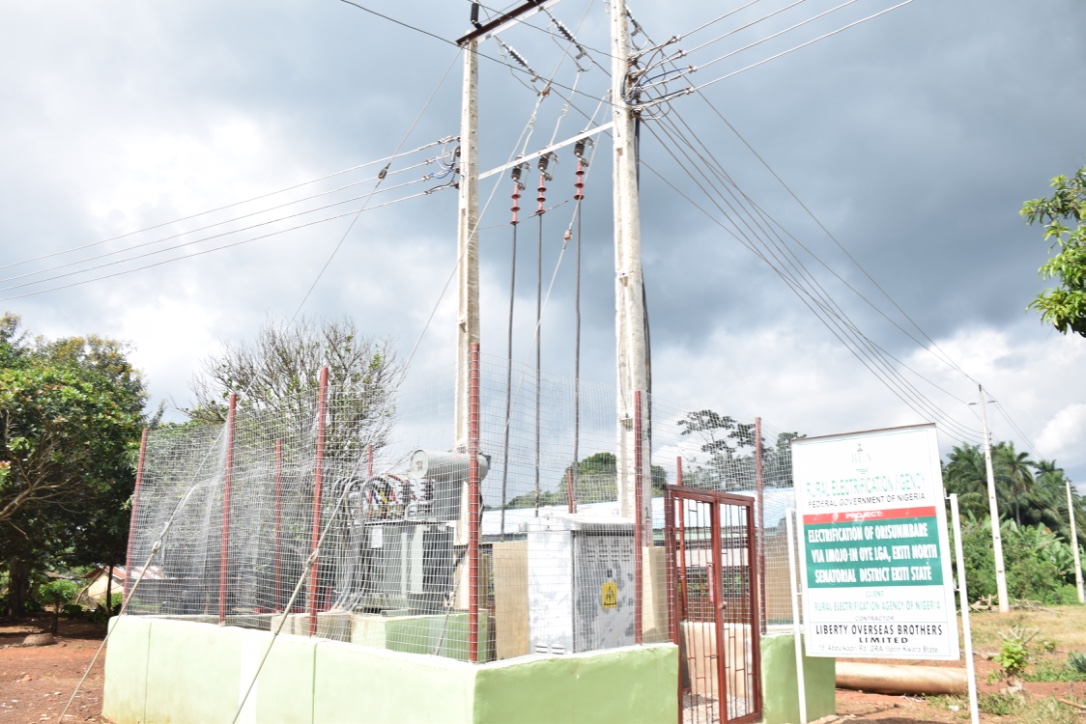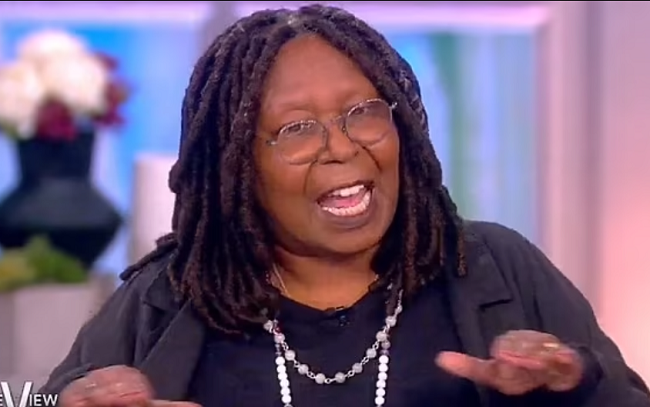Since the beginning of 2022, the aviation sector has been battling significant headwinds. While crawling back into economic recovery following the 2020 COVID-19 storm, Nigeria’s air travel sector slipped into fresh challenges caused by several factors. The sector saw gains dwindle due to increased prices of jet A1 fuel — a resultant effect of the Russia-Ukraine war. But the most significant disruption is the recent crisis caused by the scarcity of foreign exchange (FX), as foreign airlines resorted to drastic measures due to their inability to repatriate their funds. In this interview, Susan Susan Akporiaye, president of the National Association of Nigeria Travel Agencies (NANTA), speaks with TheCable’s DESMOND OKON on the issues and how foreign airline operators are “killing” the country’s economy.
TheCable: How have travel agencies fared this year?
Akporiaye: It’s been a tough year for travel agencies. Our peak period ended in September. And when I say peak period, that’s usually our best time in the industry, where we really make a good amount of money that can sustain us till the next peak period. But that was not the case during this particular peak period. It was not good. The sales were there, but it’s not being attributed to us because we’re selling from other collaborative markets, hence the low-profit margin.
Also, a trip that corporate clients will probably go with like eight people, they’re trimming down to just four, we’ve had cases of cancellation because of costs. This cost is because these corporate organisations already have budgets for all their trips. For every trip within the financial year, there’s a budget for it and these prices are like three times higher than the usual price. So, that’s like increasing their travel budget by three times. So, to go through the process of resubmitting to increase the budget for travel and getting approval is just too cumbersome for them.
Advertisement
To meet up, they had to reduce the number of travels, and of course, travel reduction is the reduction in our sales and eventually our income. So that’s how it has been for our members in the travel agencies in Nigeria. It’s not funny. It is more like the COVID-19 pandemic all over again.
TheCable: So, with all of these issues, how are your members coping?
Akporiaye: We just have to find a way to cope because when there is life, there is hope. A member called me some time ago, and I could guess it was because of frustration. As I said, this is a pandemic all over again because I came in as president during the pandemic, my first tenure, and now I’m starting my second term, another pandemic.
Advertisement
During the first pandemic, when I came in, members were devastated. They were confused, psychologically and emotionally. So, I put on my counselling cap because I’m also a counsellor, and I did a lot of counselling for our members to make them hold on because one thing you must never lose as a human being is hope.
So, now I’m back there again, trying to encourage members to be positive. It is quite difficult because I’m also going through the same thing. I have to push my own aside and be there for my members to comfort them, and hold their hands. We’re going to come out of this. We came out of COVID.
TheCable: The aviation sector is facing a lot of challenges. One of them is fund repatriation. How has this affected your members and the sector in general?
Akporiaye: We actually thought it was going to improve, but it has not, and that’s because the 50 percent that was released didn’t go to the airlines’ lumpsum, at least from now that I’m speaking, they got 25 percent of that 50. Half of the figure is what they got, the other half they’re still hoping. Let’s not forget that they have also made some extra sales that have added to the figure — $464 million.
Advertisement
It is not exactly $464 million anymore. By the time the Central Bank (CBN) released 25 percent of the initial 50 percent, the figure had increased beyond $464 million.
So, that is not even being talked about now, it’s just the $464 million we are still hanging [on]. It is so insignificant because airlines are still selling tickets. So, there’s no difference, it is actually worse and impacting everyone in the industry.
I want to believe if the entire 50 percent was given to them at once, it probably would have made a bit of difference.
Advertisement
TheCable: So, 25 percent of the half has been received and there is 25 percent left to be received. Has CBN said anything about it?
Akporiaye: They had promised them October ending, that was the promise to the airlines. But then again, they also need to let them know what’s going to happen to the remaining 50 percent. So, when will that come? What’s the plan? The airlines also want to know, not just giving us 50 percent and you go back to sleep until the money accumulates again and we are back to square one.
Advertisement
TheCable: In August, British Airways (BA) yanked off travel agents in Nigeria from the global distribution system (GDS), thereby, preventing them from issuing tickets. What’s the state of things now? Has it been reversed since the funds were released?
Akporiaye: No, it has not. Same reason as what I’ve just explained to you — airlines still can’t repatriate their funds. It’s still off the system. So, the inventories are not there yet. Nothing has changed because most airlines have placed restrictions on agents from Nigeria.
Advertisement
Some airlines that would allow us to issue tickets from outside of Nigeria have also stopped it. It means that the situation is beginning to bite them also as much as they want to hang in there and be very patriotic with Nigerians.
Advertisement
TheCable: Nigerians under 40 have been restricted from entering Dubai. How’s that affecting the operations of travel agencies?
Akporiaye: That is a diplomatic issue. Every country has a right to protect its citizens. Before now, Dubai used to pride itself as a crime-free country. But that has changed. So, they are trying to look for ways of restoring the issue. They are not saying Nigerians shouldn’t come, but they want to be sure that the ones that are coming are not those that will give them problems. They want the genuine ones to be the ones that are coming, and that’s why they have set up restrictions.
I don’t think this will be forever, because we’ve been on this road so many years before. There was a time that if you are below 30 years you can’t even get a visa to Dubai, unlike now when you can but documentation is involved, like your bank statement, your ticket, and hotel reservations. With all that, even below 40 years, you can still get your visa.
We all just have to endure because there’s usually no smoke without fire. We should learn to pay for our consequences. Unfortunately, the ones that perpetrate these crimes are not the ones that are paying for it at the end of the day, it’s the innocent businessmen. But that’s not the only destination. If you’re a business person and you want to travel for business, you will get your visa.
But if you don’t have any business in Dubai, you don’t meet their requirements, then go somewhere else. If you’re looking for a holiday, go somewhere else. You have Rwanda, which is visa-free. And the good news: electronic visa is also out for South Africa. Once you make an application within five working days to two weeks tops, you will get your electronic visa.
TheCable: On the issue of exploitative prices, in your last press conference, you called for the government’s intervention. Has that happened?
Akporiaye: The call for government intervention was not on the exploitative price. It was on them to do the right thing by allowing the airlines to repatriate their funds. We know that the exploitative fares are the airlines’ taking advantage of the market. So, the call for intervention is for them to release the airline’s funds because if they do that, there’ll be no room for exploitation.
So, the issue of the exploitative fares was speaking directly to the airlines. We are telling the airlines that we understand the fare structure, and we understand exactly how it works.
So, we know they’re just exploiting the markets with those prices. It’s not fair on us. This is their biggest and best market in terms of profitability. So, in our time of crisis, they now want to kill us? That’s not fair. They are making 300 percent profits with these exploitative fares.
TheCable: Some African nations are also owing foreign airlines. Do you think these airlines are treating Nigeria fairly?
Akporiaye: That’s actually the question I need the airlines to answer because Nigeria is not the only country indebted to them.
So, why are you not giving Ghana, for example, the same exploitative fares you’re giving us? Why are the fares in Ghana not increased, after all, it is also owing. Egypt is owing, and Ethiopia is also owing. Why is everything still normal in Ethiopia, and for us in Nigeria, they are selling only the highest fares? That is the question, and that’s why we’re saying they’re exploiting the market. Because you should do the same thing in other markets that are owing you, isn’t it? Now, the airlines will tell me the amount Nigeria owes is higher than that of Ghana and Egypt.
Yes, I agree with the figure. But then, in percentage, is it really? Because they’re looking at the figure of Nigeria — $464 million. Hypothetically, if Ghana is owing $200 million and ours is $464 million. But people are not looking at it vis-à-vis sales. What are the sales made in Nigeria? What are the sales figure in Ghana? That’s how you have a fair representation of what is going on.
If they want to be fair, that is how they should be looking at it. But guess what, do you know why they will not do that? Because they know Nigerians love to travel. Ghanaians care less about travel. So, if they put that kind of fare in Ghana, the airlines might as well just close their offices because nobody’s going to buy.
TheCable: How does this affect the profitability of your members?
Akporiaye: Where we would have stressed service charge, we’re not charging anymore because the fares are already very high. Even if you want to charge and your customer starts begging you, how do you do it? The fare is already N1.8 million, you want to charge the person? So, in a normal situation, we would have charged a service charge, we can’t do that anymore because we also have to feel for our clients. You know, these clients are people that we know there’s a bond, there’s relationship. Some of them are friends, family, and close relatives, they know us. So, we are also there to also give them the best as much as they can, because the pain of our clients is our pain.
And bear in mind that the money is not ours. It belongs to the airline. What we can only get out of it is the service charge. So, the sales are crazy but our income is not increasing. It’s reducing because the fees are so high, we’re not able to take charge service charge as we would have done if we were in a normal situation. So, high sales do not really replicate high income.
TheCable: On the issue of airlines charging in dollars, how’s that affecting Nigeria’s economy?
Akporiaye: Well, we’re still issuing tickets in naira. If people are buying in dollars, it is because they’re trying to look for ways of getting cheaper fares. We all know the reason for all this — hike in fares.
So, when clients try to look for cheaper fares, they can visit any airline’s website, if it’s available, they see some things domiciled in the currency of that airline’s country. If it is a European airline, it will be in euros. If it’s a British airline, it would be in pounds, and if it’s an American airline, it would be in dollars.
TheCable: So, if you have a dollar card and you’re spending those dollars on airline tickets, don’t you see any implications for the country?
Akporiaye: There is because now there will be increasing demand for dollars that we don’t even have. So, it’s going to create another crisis.
That’s why we will not subscribe to selling tickets in dollars. We will not, and I don’t think the government will subscribe to it. Any right-thinking person will never subscribe to it because you’re killing the economy.

